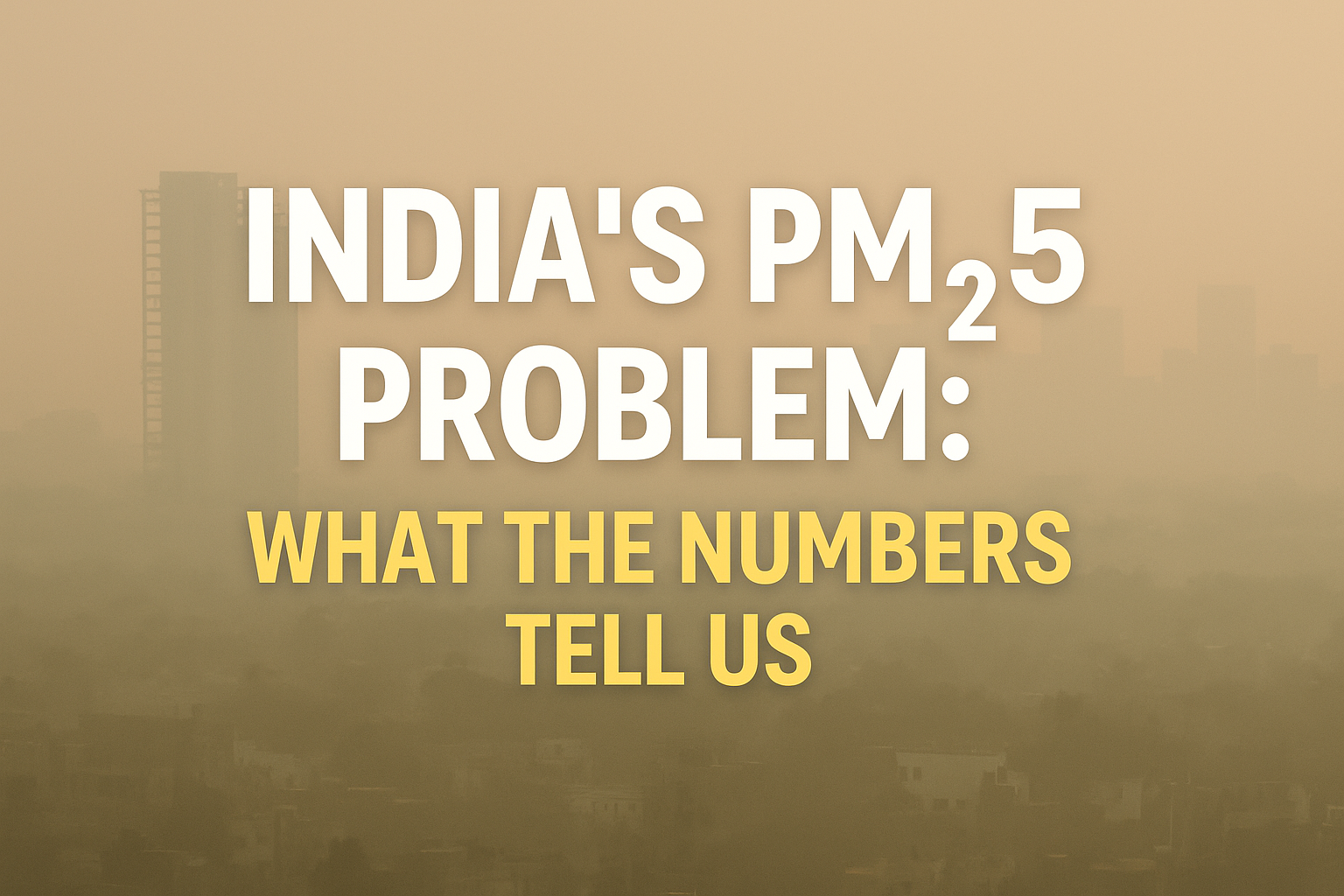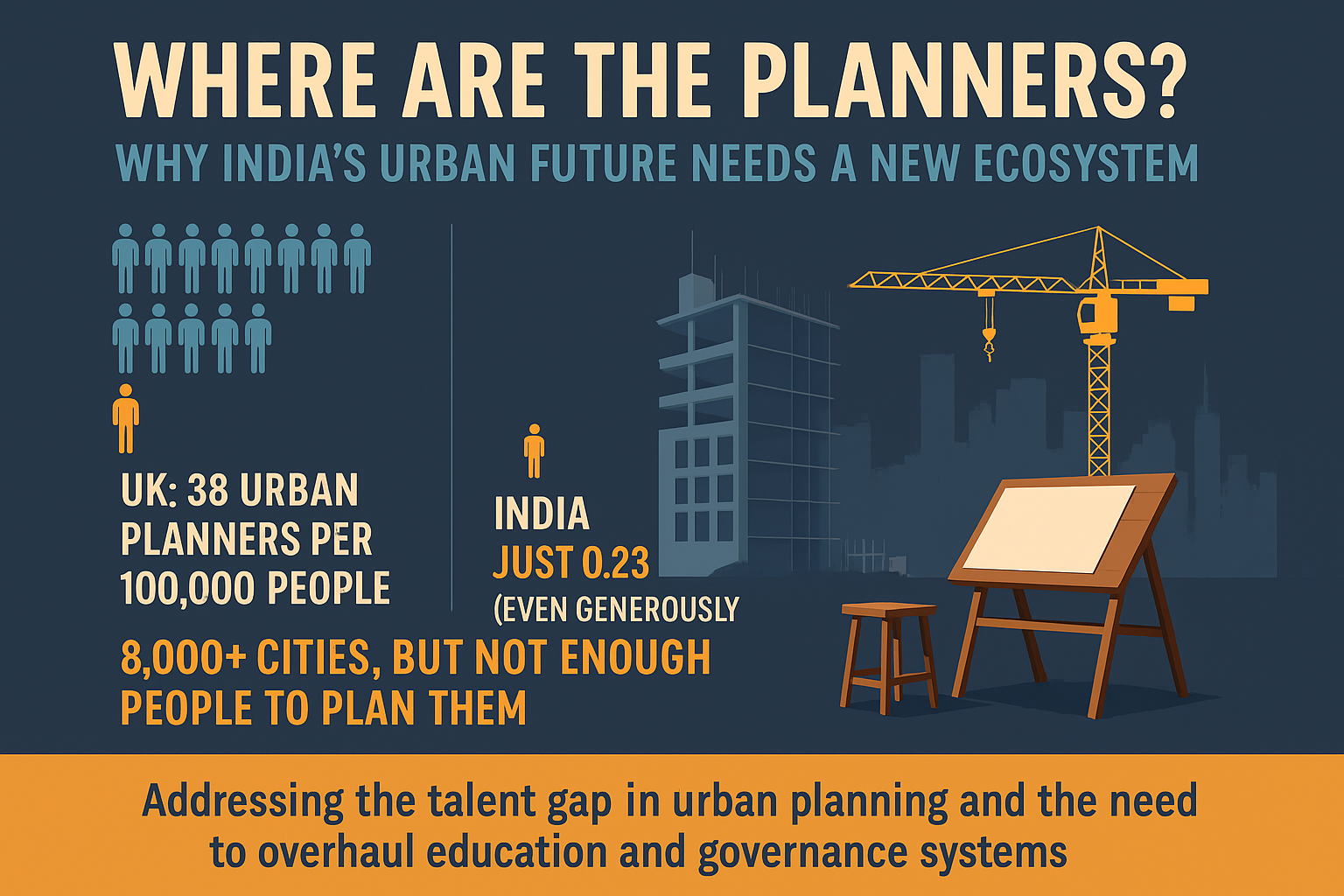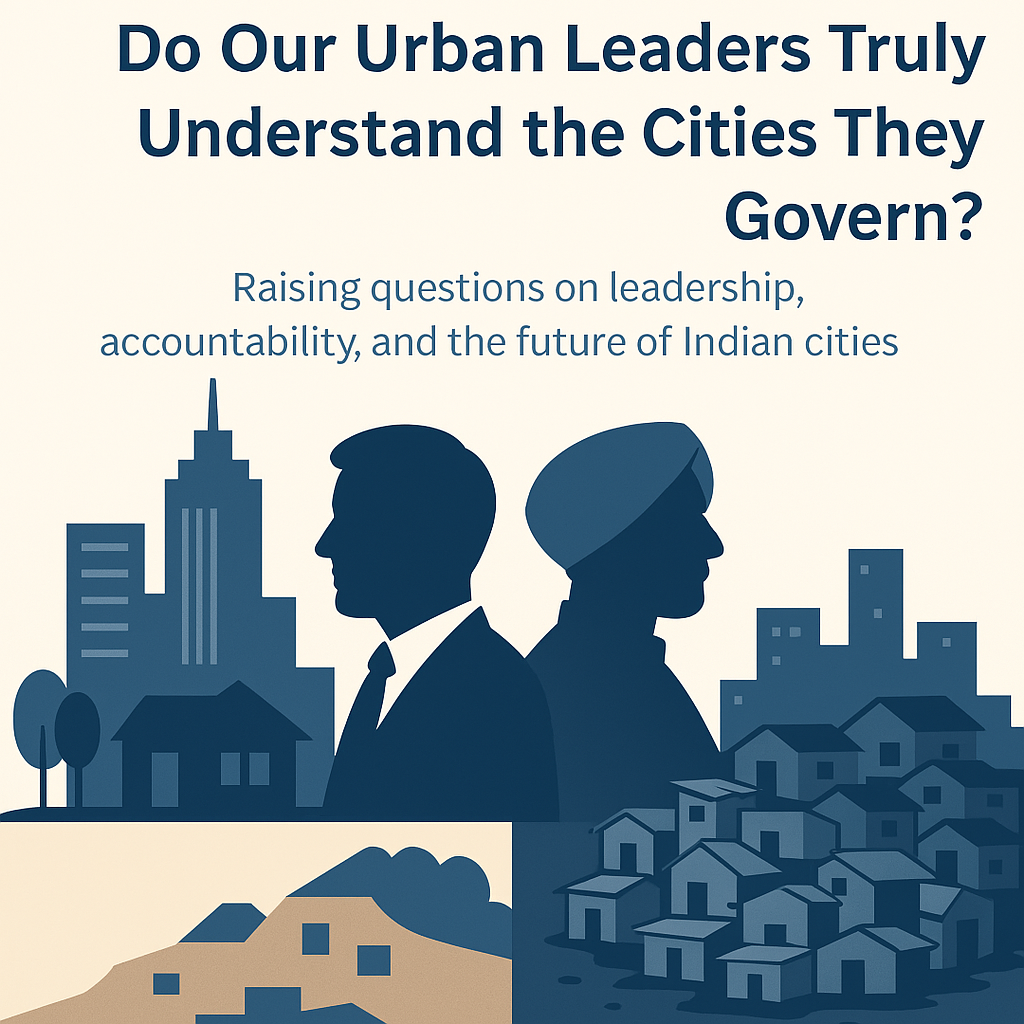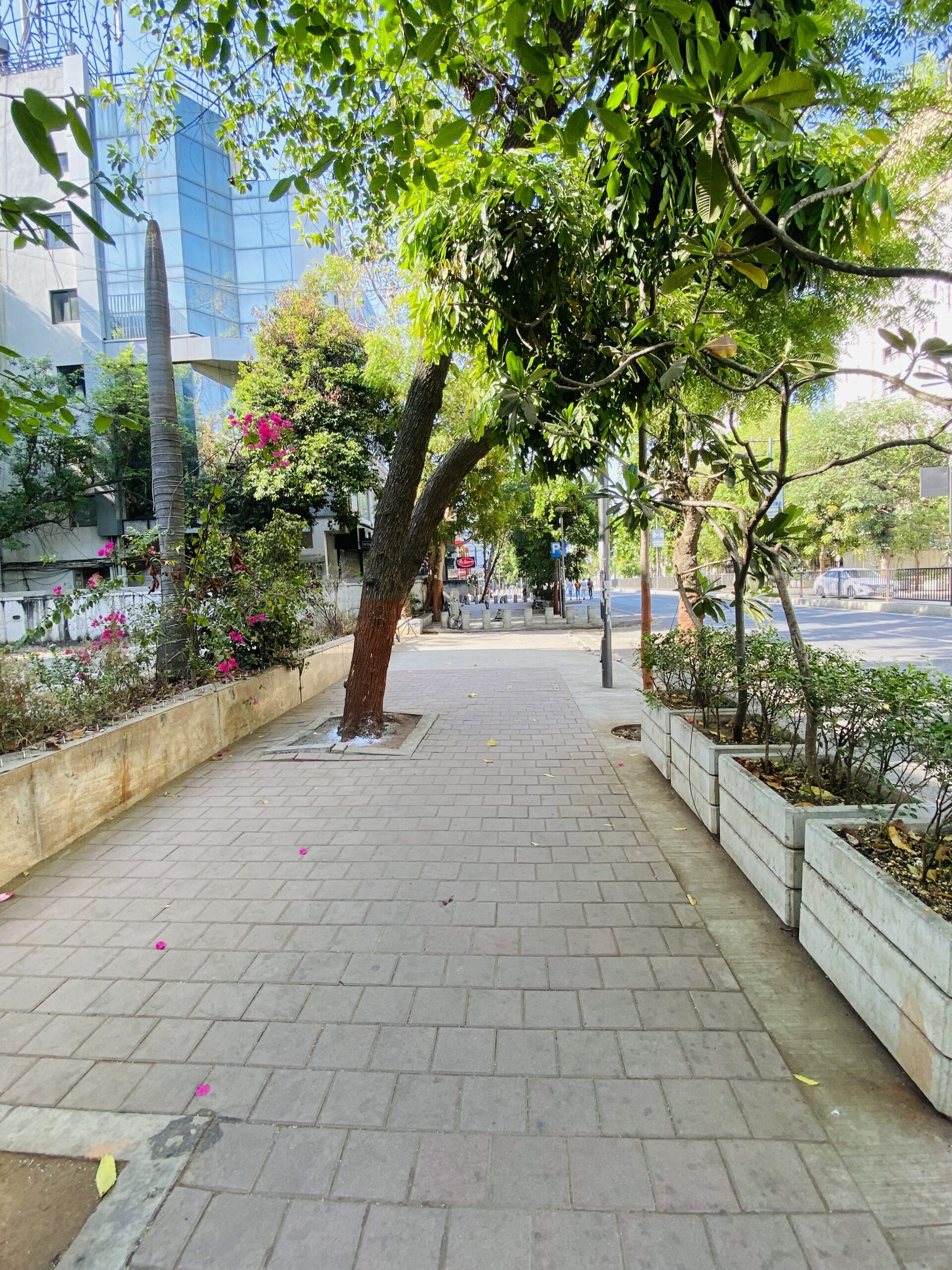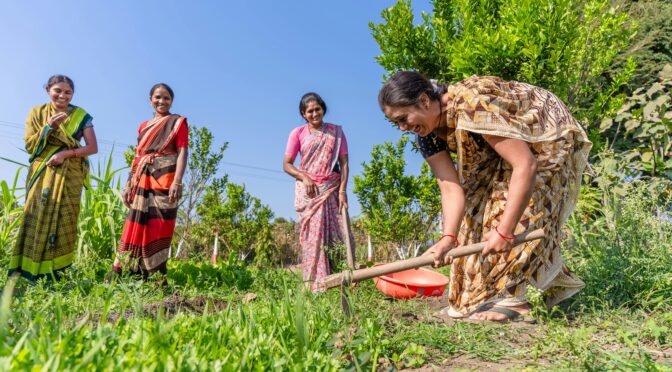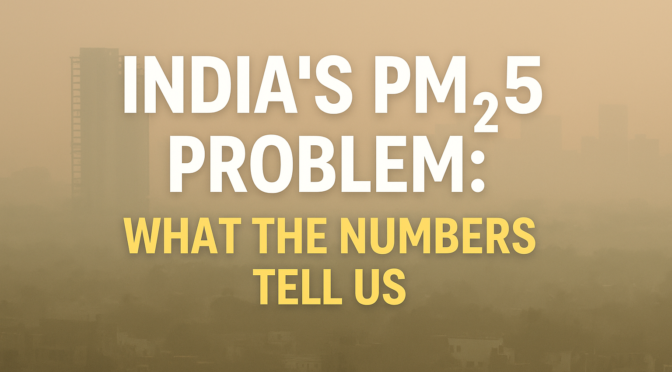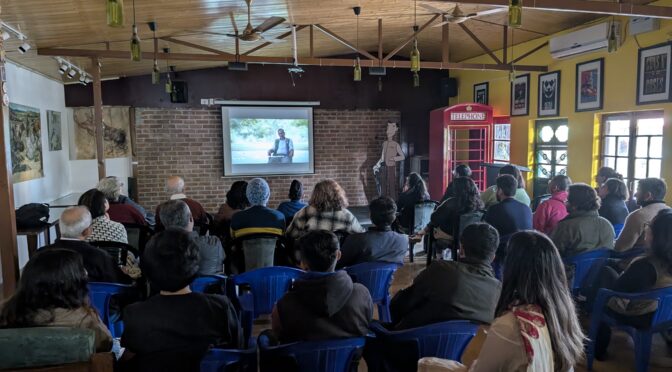no toilets, no creches, no footpaths: why indian cities are failing mothers
“What if caregiving weren’t treated as a private problem—but a public design priority?” Every year, Mother’s Day floods our timelines with love, warmth, and nostalgia. But here’s a quieter truth: our cities aren’t built for mothers. Or their children. Caregiving in Indian cities is an everyday negotiation—with broken footpaths, unsafe crossings, missing toilets, inaccessible transport, and workplaces that still assume care is someone else’s problem. Urban planning talks a big game about inclusivity, but the ground reality tells another story: cities exclude those who care. The Everyday Obstacles of Care Push a stroller outside your...
Can Media and Social Media Influencers Save Our Cities ?
From flashy reels to primetime shouting matches, we are surrounded by stories—some true, many twisted, and most forgettable. But here’s...
The Air We Breathe: Unmasking India’s PM2.5 Crisis
A recent study published in The Lancet Planetary Health delivers a grim warning—India’s deadly relationship with air pollution, specifically PM2.5,...
Where Are the Urban Planners? Why India’s Urban Future Needs a New Ecosystem
Here’s a number that should make you pause: India has just 0.23 accredited urban planners per 100,000 people. Compare that...
Do Our Urban Leaders Truly Understand the Cities They Govern?
Why are Indian cities still gasping for air—quite literally and figuratively? The cracks in city governance are no longer subtle,...
Experts, Meet Doers: Why India’s Urban Future Needs Both Wheels of the Cart
Every few months, a new buzzword pops up in the world of urban planning — climate-resilient cities, child-friendly neighbourhoods, walkability,...
Mumbai’s First Elevated Forest Walkway Opens at Malabar Hill — But Are We Ready to Walk the Talk?
Mumbai opens its first elevated nature walkway at Malabar Hill on March 30 at 9 AM, marking a quiet but...




